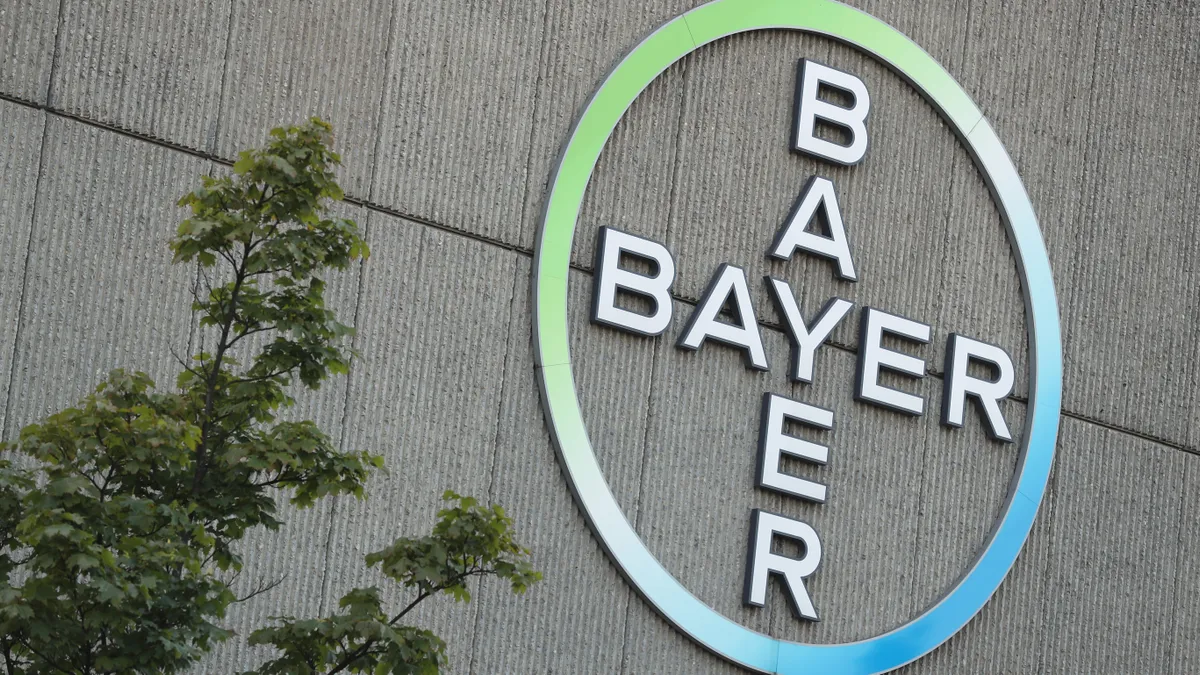As part of a makeover promised last year, Bayer is beginning a process of staff reductions that aims to slice through the bureaucracy CEO Bill Anderson blames for the company’s sluggish performance.
The German conglomerate said it can’t give a figure for the total reduction in headcount but made clear that the layoffs will be significant. “In order to make rapid, sustainable improvements to our operational performance and our room to maneuver, far-reaching measures are necessary,” Bayer Labor Director Heike Prinz said in the company’s statement Wednesday.
Bayer’s employee representatives reluctantly agreed to the measures, saying Anderson’s vision represents a promising path forward for the struggling company.
“In the company’s strained economic situation, the programs and measures already underway are not sufficient, which is why, with a heavy heart, we have agreed to further cuts,” Heike Hausfeld, chairwoman of the Central Works Council of Bayer, said in the statement.
The company plans to begin layoffs quickly and expects to complete the job cuts by the end of 2025. In Germany, employees will have an extended safety net after negotiations with labor representatives, meaning people who lose their jobs and haven’t found new positions won’t be officially terminated until Dec. 31, 2026.
Anderson aims to empower small, self-managed teams and reduce the number of layers between him and the company’s customers. Dubbed “Dynamic Shared Ownership,” Anderson’s model is designed to accelerate decision-making and improve performance, but means there will no longer be roles for many Bayer employees with managerial and coordination responsibilities.
Bureaucracy is a “plague that is basically inherent in all big pharma companies,” Juergen Eckhardt, Bayer’s head of business development, told sister publication BioPharma Dive in a recent interview. Anderson’s model offers a chance for the company employees to “try to reinvent the way we work, the way we organize, the whole way the system works,” he said.
The pharmaceutical, crop science and consumer health company employs about 22,000 people in Germany and had a headcount of 101,000 people around the world in fiscal 2022. As part of the latest agreement, Bayer reaffirmed its commitment to developing its business in Germany and said it plans to further develop its corporate headquarters and improve its pension plan.
Bayer has considered breaking up its business segments, a plan backed by investors especially as the company’s crop unit grapples with declining glyphosate demand and adverse legal judgments over the weed killer ingredient’s health risks.
Germany’s trade union said this week it would reject against any proposal to split up the company, according to Reuters.
Ben Fidler and Sarah Zimmerman contributed reporting.











